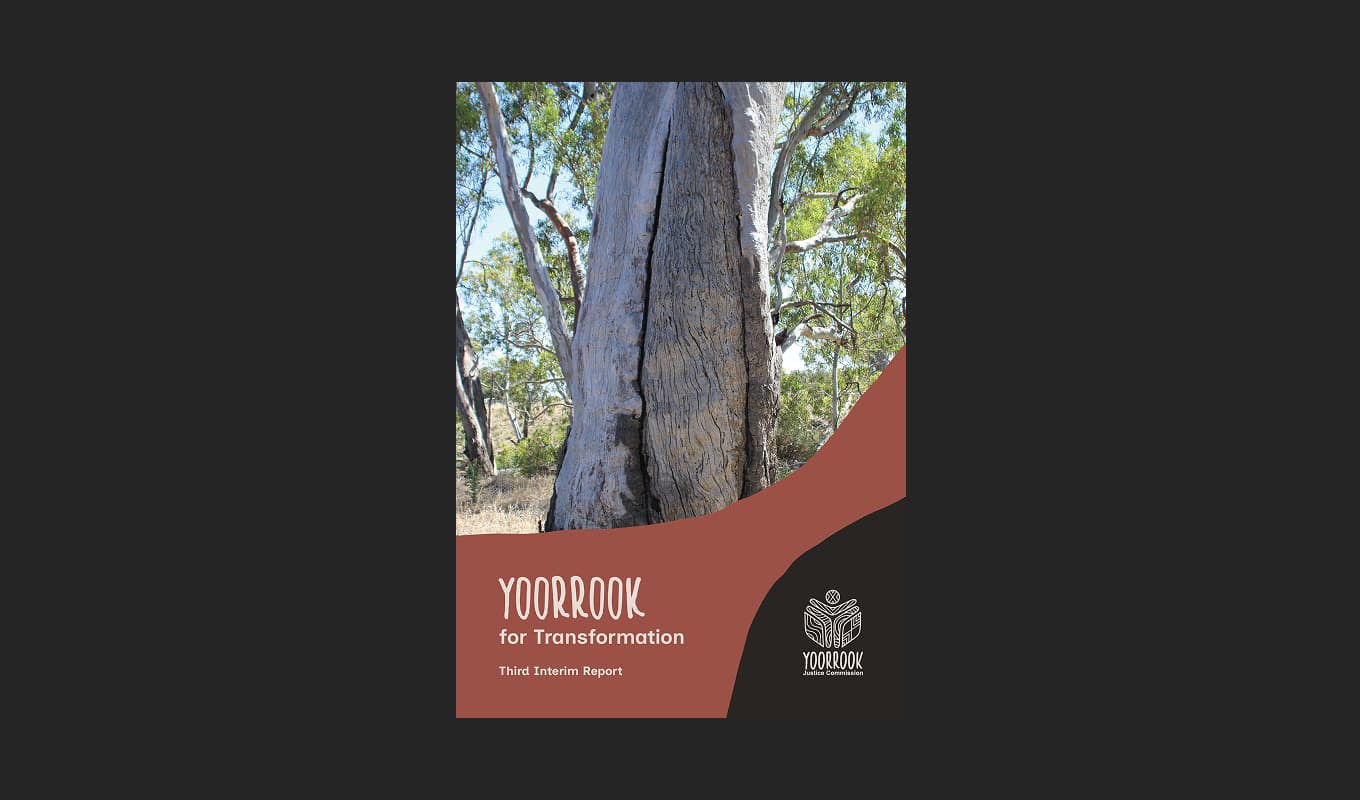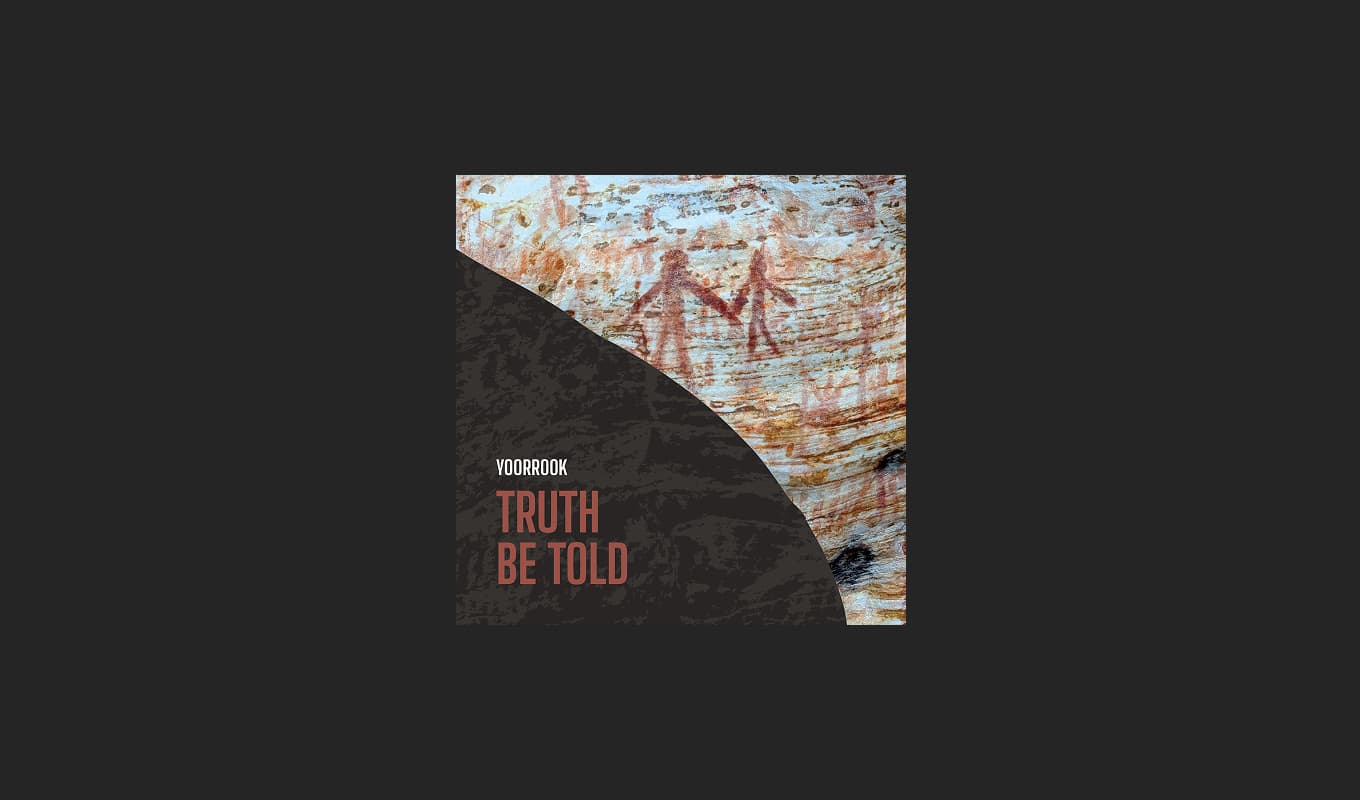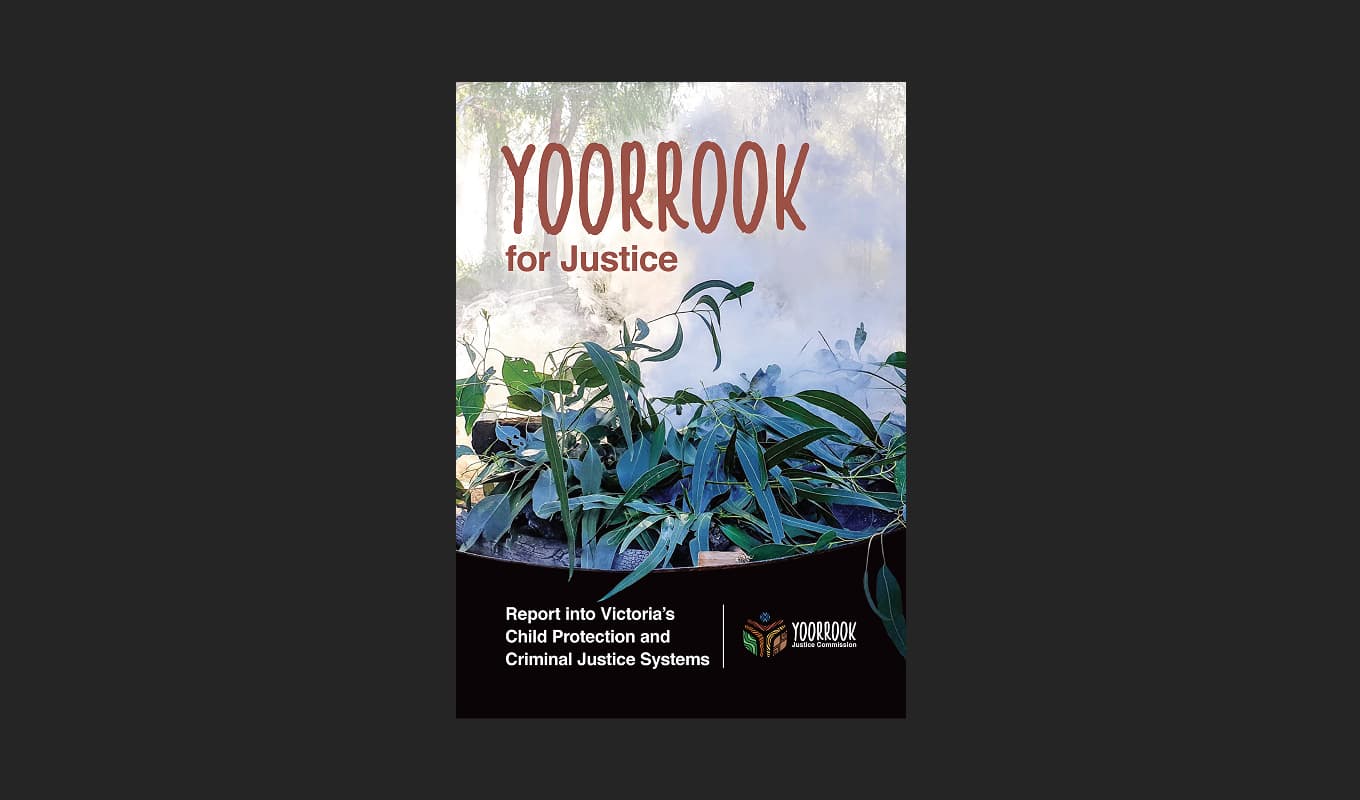Anonymous 1459
Anonymous 1459 discusses their knowledge of the impacts of colonisation. They have lived in Melbourne all their life and learning the history profoundly changed their view of the city. They recall inadequate education on First Nations history, taught from a coloniser's perspective. They advocate for quality education, honest discussions, and promoting First Peoples' history and culture through storytelling and civic acknowledgments.
Submission Transcription
I have lived in Melbourne all my life. When I read James Boyce’s book on its founding (1835) it profoundly changed my view of my city – I have not been able to look at it in the same way. And he talks not only about Melbourne, but the lands surrounding, that were invaded so quickly that the people who were here, the First Peoples, didn’t have a chance. I’m now reading Don Watson’s Caledonia Australis, about the Scottish Highlanders who colonised Gippsland, after having themselves been dispossessed of their ancestral lands by the English. I grew up in the time of the great Australian silence; I remember at school being taught – perhaps a classmate had the temerity to ask what happened to ‘the Aborigines’ – that they just faded into the background, I’m not even sure where to. I now understand that the process of colonisation and its effects on First Peoples was brutal – murderous – swift and thorough, though not as thorough as the colonisers would have liked, or as was taught until recently.
See above. I grew up in the time of the great Australian silence; I remember at school being taught – perhaps a classmate had the temerity to ask what happened to ‘the Aborigines’ – that they just faded into the background, I’m not even sure where they were supposed to have gone. The only acceptable education about history and culture related to pre-colonisation. I remember being taught a rather scientific sounding theory that Aboriginality could be bred out (unlike African blackness, which carried a risk of ‘throwbacks’) and that this was the best thing. In the meantime we had to do what we can ‘to smooth the pillow of a dying race’. Even though we were taught that the referendum in 1967 should be supported, we also learnt that assimilation was the only realistic policy.
Education in schools has undoubtedly improved since my time. As I’ve come to realise that there’s many First People’s histories and cultures – some common themes, but also many particular differences – I’ve been trying to learn more, and it’s not straightforward! At least not in the whitefella way of understanding. Well-meaning people so often misconstrue First People’s culture and history, and I have to assume I’m one of them. This is a long way round of saying that I wonder about the quality of what’s being taught in schools, especially by teachers who aren’t First Peoples themselves and whose own education might be pretty limited. So a practical thing, quality school education. The Premier’s testimony to the Commission was powerful for coming from the state’s leader, but also a bit shocking for her admission of how little she knew. We probably need more honest discussion from respected leaders. I’m thinking of how we can work to promote better understanding and respect without seeming to talk down to people. And also not putting responsibility for this onto First Peoples.
See above. Those of us who see ourselves as ‘upstanders’ (I love this word that I heard from Aunty Esme Bamblett – allies can be sympathetic bystanders or active upstanders) can share what we know in our own social circles. We can also call out racist comments (doing this can be scary; I might say something like ‘l’m not comfortable with that’). This needs that we need to be clear in our understanding of what counts as a racist comment or racist behaviour. We can also tell truths from our own stories. One ancestor has routinely been described as a pioneer of the town he lived in (in NSW). I think about how that might have been experienced by the local people who were there already. I have found a letter that my great-grandfather wrote in 1901 to a German scientist’s about a paper on ‘brain evolution’, where he wrote ‘The Australian aborigines are truly || representative of an inferior race in process of total extinction, brought about by contact with people of a higher intelligence.’ I wasn’t sure about including the quote as it’s quite shocking, but I think we need to be honest about just how brutal the thinking of the past was. And I’m not sure it’s all gone away.
See above. Those of us who see ourselves as ‘upstanders’ (I love this word that I heard from Aunty Esme Bamblett – allies can be sympathetic bystanders or active upstanders) can share what we know in our own social circles. We can also call out racist comments (doing this can be scary; I might say something like ‘l’m not comfortable with that’). This needs that we need to be clear in our understanding of what counts as a racist comment or racist behaviour. We can also tell truths from our own stories. One ancestor has routinely been described as a pioneer of the town he lived in (in NSW). I think about how that might have been experienced by the local people who were there already. I have found a letter that my great-grandfather wrote in 1901 to a German scientist’s about a paper on ‘brain evolution’, where he wrote ‘The Australian aborigines are truly || representative of an inferior race in process of total extinction, brought about by contact with people of a higher intelligence.’ I wasn’t sure about including the quote as it’s quite shocking, but I think we need to be honest about just how brutal the thinking of the past was. And I’m not sure it’s all gone away.
Truth-teller consent
Contact us about this submission
Contact us if you’d like to discuss this submission.
Similar submissions
Explore submissions from other witnesses that discuss similar topics.
Viki Sinclair (Fowler)
Viki Sinclair is a direct descendant of one of the original settlers of Gippsland, Colin McLaren. In this submission, she tells her personal story of... more
Anonymous 1481
The author has a broad understanding of colonisation’s impact on First Peoples but feels Victoria's education system was extremely limited in teaching... more
Denise Cusack Sister of Our Lady of Sion
Denise Cusack, Sister of Our Lady of Sion, found attending some of the Yoorrook Justice Commission public hearings to be a deeply moving experience,... more
Melissa Turnbull
Melissa Turnbull describes the brutal colonisation of Victoria, including undocumented massacres and displacement of First Peoples. Her education on F... more
Reports and Recommendations
Read the official reports and recommendations of the Yoorrook Justice Commission.

Yoorrook for Transformation
Third Interim Report: A five-volume comprehensive reform report presenting evidence and findings on systemic injustices, and specific recommendations for meaningful change to transform the future.

Truth Be Told
An official public record that documents First Peoples experiences since colonisation, preserves crucial testimonies for future generations and creates an enduring resource for education and understanding.

Recommendations for change
Yoorrook Justice Commission’s recommendations for truth-telling, justice, and systemic reform in Victoria.
